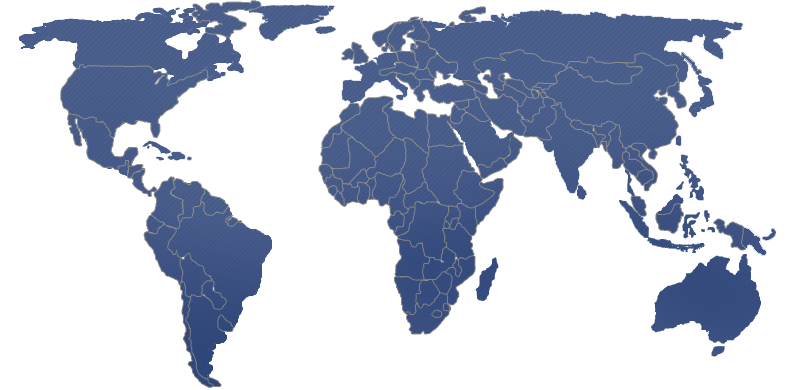As you prepare to apply for college, you’ll likely be considering your academic record, extracurricular activities, and other factors that will make you a strong candidate. However, your geographic region, an often-overlooked component of admissions profiles, may also give you an edge.
Top colleges generally do not release statistics on how many students apply from each state or how many of those applicants are admitted. As a result, it’s difficult to say precisely how much of a difference it makes to apply from an underrepresented geography—however, doing so certainly can make a difference.
Why Geographic Diversity Matters
Top colleges strive to build a diverse incoming class, and that includes geographic diversity. At the end of the admissions process, every school wants to be able to claim it has students from all 50 states.
Geography matters to top-tier schools for various reasons. While admitting students from every state is a matter of pride, it is also about brand and image—being seen as ubiquitous and diverse.
If a student from an underrepresented geography is admitted to one of the most selective colleges in the nation, other students—for instance, those in their peer group, those who look up to them, the student’s siblings and cousins, etc.—are more likely to consider applying to that college. By admitting a single student, a college can influence an entire community.
The Admissions Impact of Geographic Diversity
As with any single element of an admissions profile, being from an underrepresented state will not get you into the most selective colleges. While top schools won’t admit unqualified students, every state is likely to produce at least one qualified applicant—even if only barely qualified. And admissions officers are looking for at least one qualified applicant from each state so they can maintain the college’s “freshmen from all 50 states” status. For many top colleges, leaving a single state unrepresented would be unconscionable.
Generally speaking, though, top colleges receive a geographically diverse pool of applicants, so filling the incoming class with students from every state tends to work itself out.
However, an applicant’s geographic location can be a deciding factor when admissions officers must choose between two equally qualified students. In fact, location can even result in a favorable decision for less qualified applicants. The lower the number of qualified applicants from a single state, the higher their chances of being admitted to a top college. On the other hand, states with vast numbers of applicants—like New York and California—are much more competitive. A less qualified applicant from an underrepresented state has a higher chance of being admitted than a more qualified student from a highly represented state.
Still, keep in mind that coming from an underrepresented state does not guarantee a higher likelihood of being admitted. The quality of an applicant’s admissions profile does matter, and in the rare event that no qualified applicants apply from a given state, a top college might admit no one from that state. But if an applicant is the only one qualified from their state, the likelihood of that one student being admitted is fairly high.
Strategic Considerations for Geographic Diversity
Just being from an underrepresented state gives you a slight admissions advantage. The more you can demonstrate how where you live sets you apart from other applicants, the better. You should consider what environmental factors and experiences give you a unique perspective.
An applicant from Wyoming, for instance, might include details in their personal essay that hint at the unique perspective they gained from living in that state. Such a student could flavor their essay with words and phrases describing the small ranching community where they live, the distance between their house and the nearest grocery store, an economy built on natural resources, and other details. This would not need to be the central focus of the essay, but it can be used to create an interesting atmosphere for the narrative.
Clearly, coming from an underrepresented geographic region can work to your advantage in the admissions process. To find more Ivy League admission tips, be sure to check out our blog.






